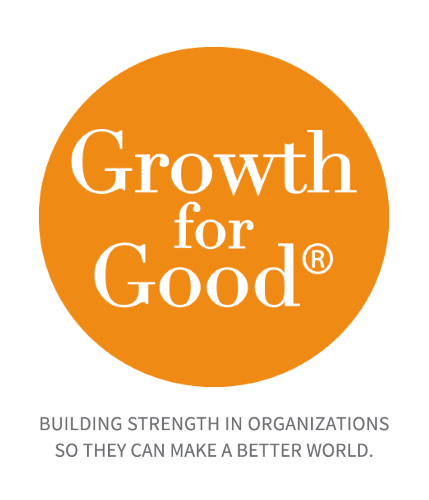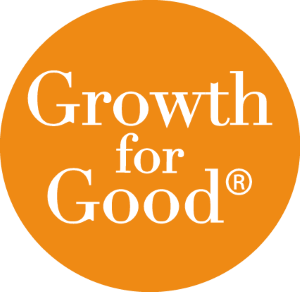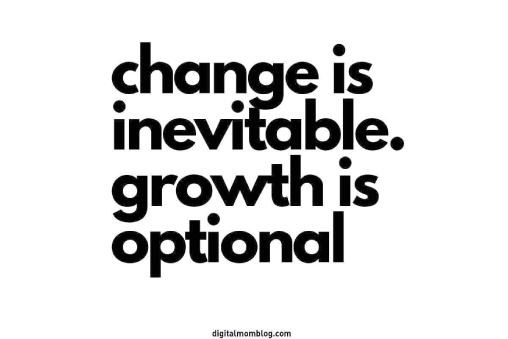INCLUSION: Collective Responsibility + Individual Accountability
We are happy to share a conversation between Donna Banks and Rachel Mantiñán with Reimagining DEIB – both are accomplished educators and diversity consultants with a global perspective.
Reimagining DEIB helps nonprofits go beyond compliance, to belonging, enabling organizations to create a workplace culture that values differences – where Diversity, Equity, Inclusion, and Belonging (DEIB) shine. Their globally-minded, multilingual team ensures a comprehensive and culturally competent approach to all of their DEIB consulting services.
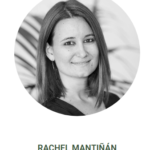
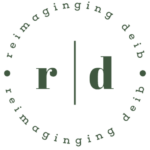
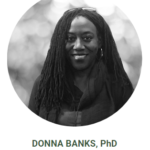
Claudia:
Hello Donna and Rachel. Thank you for sharing your knowledge and spirit of collaboration! I know that Reimagining DEIB is deeply committed to being a collaborative force redefining the landscape of organizational inclusion and that your founding team is unique.
Can you tell us a bit about your Advocates?
Donna:
We bring diverse perspectives and expertise, approaching equity and inclusion with an intersectional and intercultural lens. Our global experience as facilitators, anthropologists, psychologists, educators, marketers, and technologists enables us to create adaptable, informed solutions for equitable work environments, tailored to various cultural contexts.
Can you tell us about your common values and how they impact change in the nonprofit workplace?
Rachel:
We value co-creating solutions and working collaboratively with organizations. Leveraging our diverse backgrounds enables us to provide tailored solutions. In DEIB work, a one-size-fits-all approach is ineffective; a single-lens approach inevitably excludes some. Effective and sustainable solutions are achieved through interculturality and fostering an environment of belonging.
Donna:
An example of the interculturality Rachel mentioned occurred in Spain where we focused faculty and staff training on understanding DEIB from both U.S. and Spanish perspectives, helping them explore how issues such as racism and sexism operate in both contexts — enabling them to better support U.S. students studying in Spain.
Claudia:
That’s a great segue to my next question. As you know, Growth for Good does a lot of interim leadership and executive coaching in all of our consulting. Our hallmarks are our focus on strategic ‘culture-building’ plans, actional change, and realistic building.
Can you spend some time talking about how you provide consulting services and what the best path for lasting culture change is?
Donna:
Well, two essential parts of our services are collaboration and sustainability. We start with a needs analysis which includes one-on-one conversations with employees. This personal approach surpasses surveys, enabling us to co-identify a cohort and tailor solutions collaboratively.
Rachel:
When it comes to working collaboratively, in one organization, we worked with management to create a three-year collaborative framework with defined OKRs, engaging employees across the organization in setting their own objectives and key results in alignment with the broader company goals, ensuring a common path forward, while allowing teams the freedom to determine their approach. At a nonprofit in Brooklyn, deep organizational issues were uncovered leading to the formation of a collaborative team of department heads to develop a strategy and clear action plan for the future.
Claudia:
In an earlier discussion, we discussed how it’s so important to create safe spaces for employees – places where they feel heard, seen, valued, and supported.
Can you tell us more about how leaders can access the psychological safety of their organization?
Rachel:
By fostering a culture where risk-taking, expressing concerns, sharing ideas, asking questions, and making mistakes are not met with punitive responses. This can be achieved through a variety of approaches – anonymous surveys to gather honest feedback, by observing team interactions to identify areas of improvement, and by seeking employee feedback to understand their experiences. Regularly reviewing these aspects and addressing concerns promptly creates a supportive environment where employees feel safe, heard, seen, valued, and supported.
And what can team leaders do to improve listening, trust, and culture-building?
Donna:
Leadership should provide development opportunities for employees to practice and receive feedback on active listening. Building trust involves normalizing vulnerability and maintaining open communication, transparency, and mutual respect. This also includes leaders being empathetic, ethical, and consistent in their management. For culture-building, leaders should clearly explain why the voice of employees matter, actively encourage employee input, and implement feedback loops. Lastly, and arguably more importantly, leaders should promote a work-life balance.
Last question! If you had to think of three traits that you think leaders today need to promote inclusion, what would they be?
Donna:
I’d say the most important trait for leaders is “Humility” – the openness to different perspectives, self-reflection, critiques – and the willingness to course correct!
Rachel:
A close second trait would be “Collaboration” – communication and actions that acknowledge diverse thoughts and perspectives.
A third essential trait would be “Awareness” – recognizing that individual, interpersonal, institutional, and structural inequities require systemic changes.
Thank you, Donna, Rachel, and Reimagining DEIB. This is complex work and requires courage and honesty. Growth for Good appreciates your generous and collaborative spirit! We hope our readers, clients, and fans will lead with “Humility,” “Collaboration,” and “Awareness” so that they create safe spaces that help their organizations “Grow for Good”!
Photo Credit: myHQ Workspaces and LinkedIn Sales Solutions on Unsplash
Recent Posts
Subscribe to Our Newsletter
* These fields are required.
Contact Us
500 Summit Avenue
Maplewood, NJ 07040
P: 973-762-7645
E: contact@growthforgood.com
